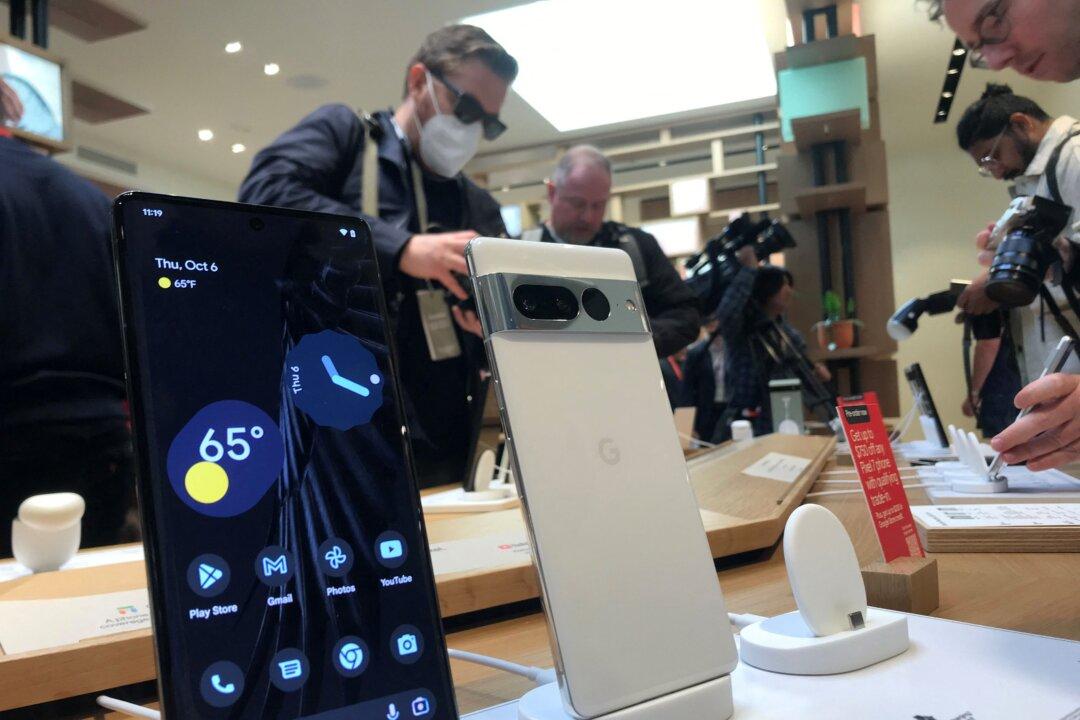Indonesia, the largest economy in Southeast Asia, has banned the sale of Google’s Pixel phones due to noncompliance with a requirement that 40 percent of components for products sold in the country must be locally sourced.
“We are pushing these rules so that there’s fairness for all investors in Indonesia,” Febri Hendri Antoni Arief, spokesperson for the Indonesian Industry Ministry, told reporters on Oct. 31. “Google’s products have not adhered to the scheme we set, so they can’t be sold here.”





